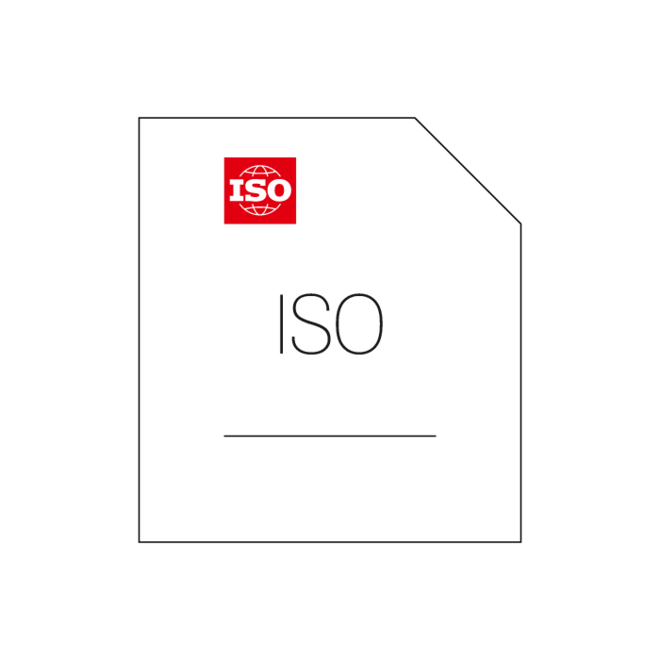

ISO/TS 17425:2016
Issue date: 2016 05 17
Intelligent transport systems — Cooperative systems — Data exchange specification for in-vehicle presentation of external road and traffic related data
ISO/TS 17425:2016 specifies the In-Vehicle Signage service and application that delivers In-Vehicle Signage information to ITS stations (vehicle ITS stations or personal ITS stations devices) concerning road and traffic conditions, qualified by road authorities/operators, in a consistent way with road authority's/operator's requirements, in the manner that is coherent with the information that would be displayed on a road sign or variable message sign (VMS).
NOTE A Variable Message Sign is also named dynamic message sign. Both terms are considered as synonyms and can be used interchangeably. In the text below, only variable message sign and its abbreviated term VMS are used.
ISO/TS 17425:2016 defines the following:
- the In-Vehicle Signage service and the In-Vehicle Signage application that instantiates this ITS service;
- the requirements to be fulfilled by the In-Vehicle Signage service;
- the requirements for using functions provided by the ITS station facilities layer supporting the use of the In-Vehicle Signage service;
- the ITS-S application processes in the different ITS station, that instantiate the In-Vehicle Signage ITS service.
ISO/TS 17425:2016 also specifies: the sets of communication requirements and objectives (profiles) using the methods defined in ISO/TS 17423 to select the level of performance (best effort or real-time, etc.), confidence and security (authentication, encryption, etc.) for each communication flow between ITS stations in the scope of the In-Vehicle Signage service.
This Technical Specification defines the selection of relevant functions and procedures provided by the ITS station facilities layer (ISO/TS 17429) and defines the message structure, content, syntax, atomic elements to be used by the In-Vehicle Signage application.
NOTE This application is colloquially called "In-Vehicle Signage".
The In-Vehicle Signage service includes the on-board information management. This management ensures contextual coherence of the end-user ITS service (e.g. vehicle characteristics, message priority, etc. avoiding amongst others things the presentation of conflicting information to end-users).
The production of information supporting the In-Vehicle Signage application, its qualification, and its relevance are out of the scope of this Technical Specification.
ISO/TS 17425:2016 does not specify the design of in-vehicle Human Machine Interfaces (HMI), but it does specify requirements that such interfaces shall be capable of supporting in order to permit the correct dissemination and use of information provided by the In-Vehicle Signage service.


